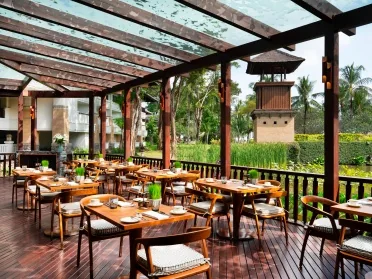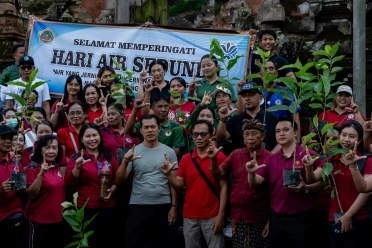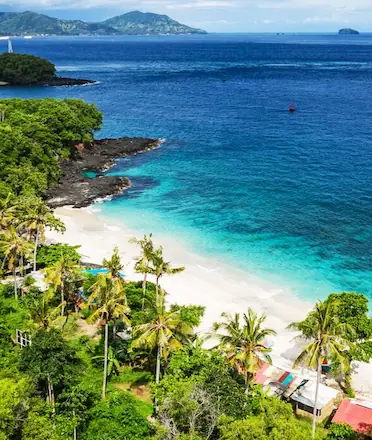Beyond its lush landscapes and immaculate beachside, one element holds profound significance in Bali’s spirituality and culture: the mighty rivers, locally known as 'Tukad'. For the local Balinese Hindu these rivers are not merely bodies of water; they are revered as sacred lifelines, embodying spiritual, cultural, and ecological importance that deeply influences the island's way of life.
Exploring the Veritable Essence of 'Tukad': The Significance of Rivers in Balinese Culture
A Sacred Pathway
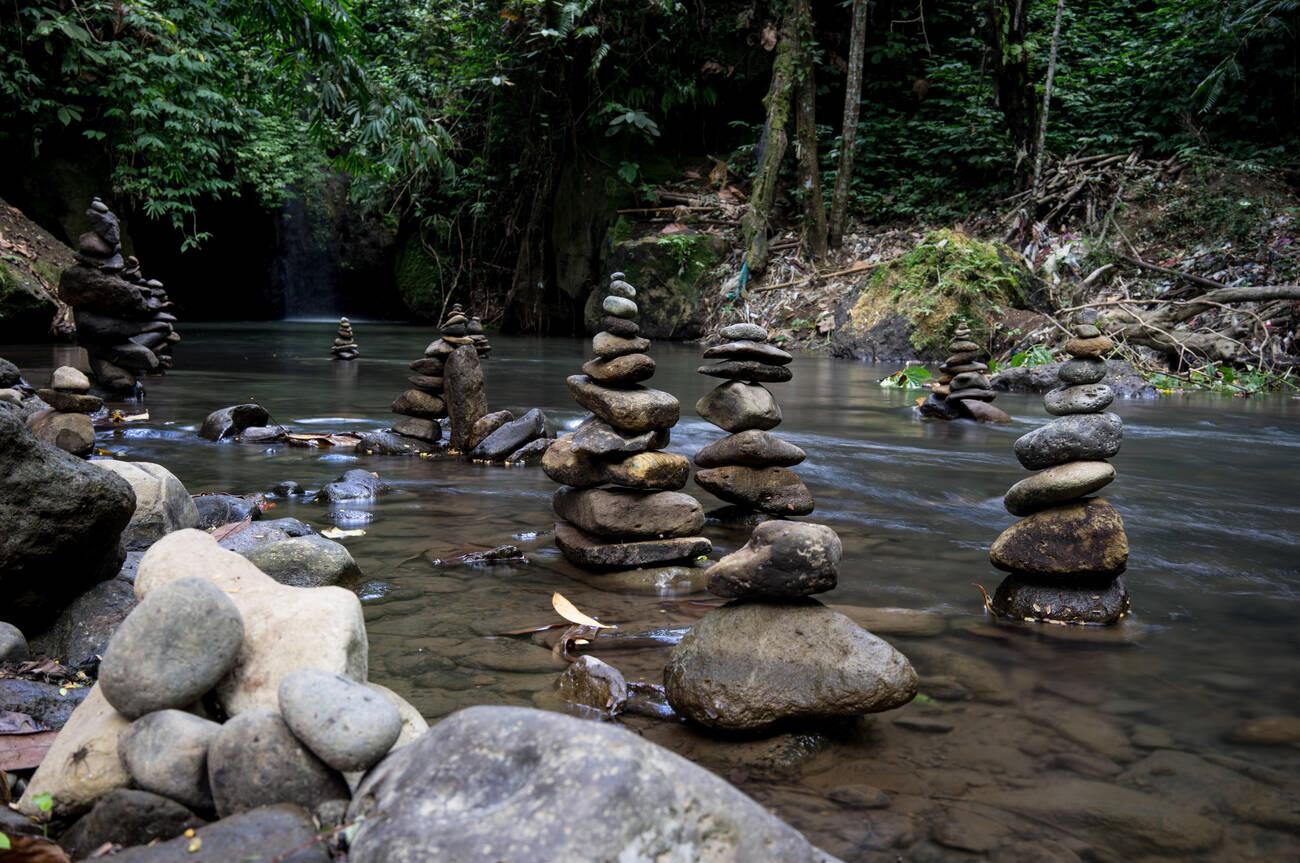
In the Balinese belief system, rivers are seen as vital conduits connecting the physical realm with the spiritual world. They are regarded as sacred pathways through which divine energies flow, connecting humans with the gods and ancestors. This spiritual connection is deeply ingrained in everyday life, shaping rituals, ceremonies, and community practices.
Purification and Rituals
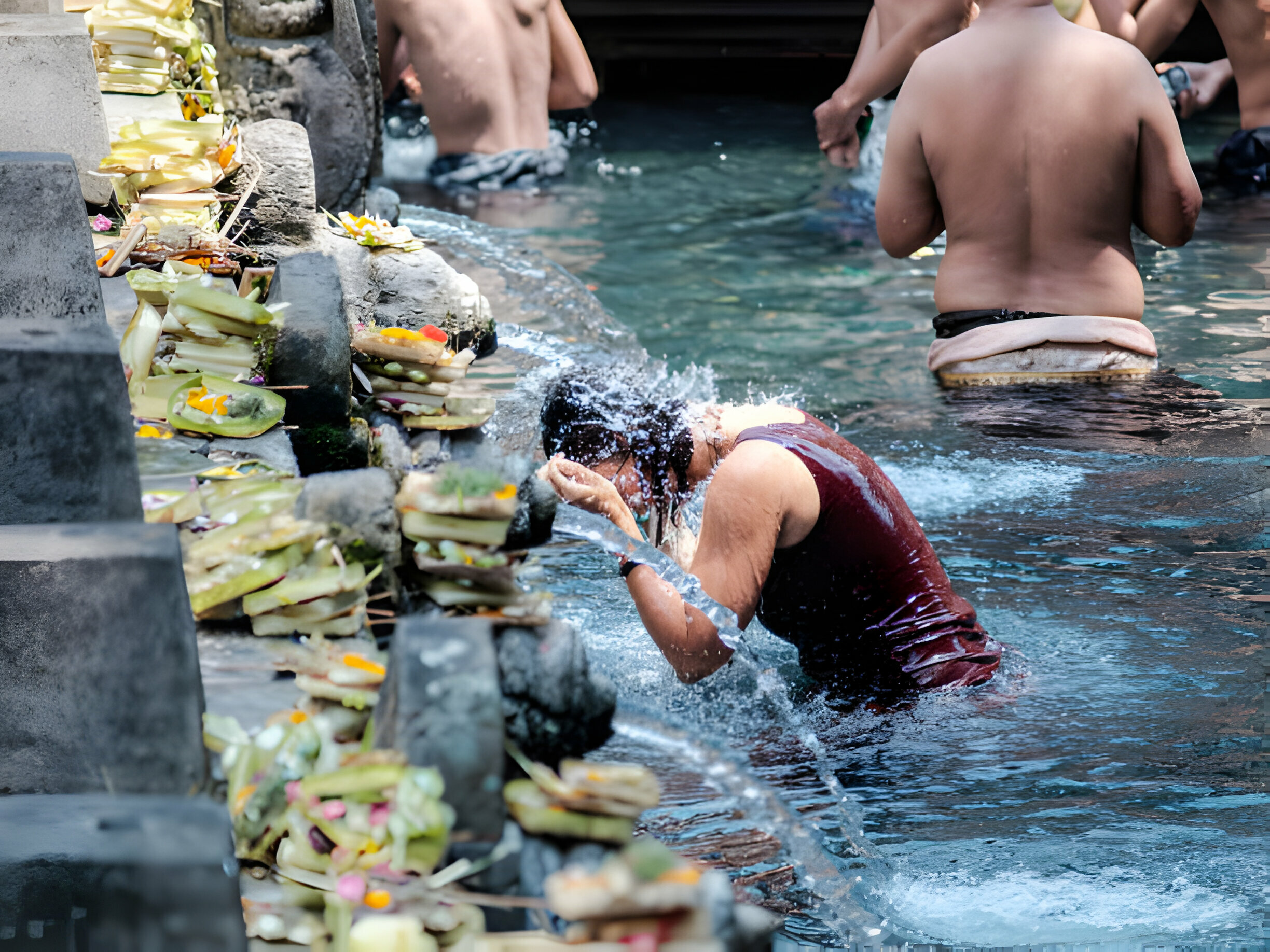
One of the most significant roles of rivers in Balinese culture is purification. Water holds immense purifying power in Hinduism, the predominant religion in Bali, and rivers are considered the purest sources of this sacred element. Balinese Hindus perform various rituals and ceremonies, such as 'melukat' (ritual cleansing) and 'ngaben' (cremation ceremony), by the riverside to cleanse the body, mind, and soul. These rituals symbolize the purification of negative energies and the restoration of spiritual balance.
Socio-Cultural Importance
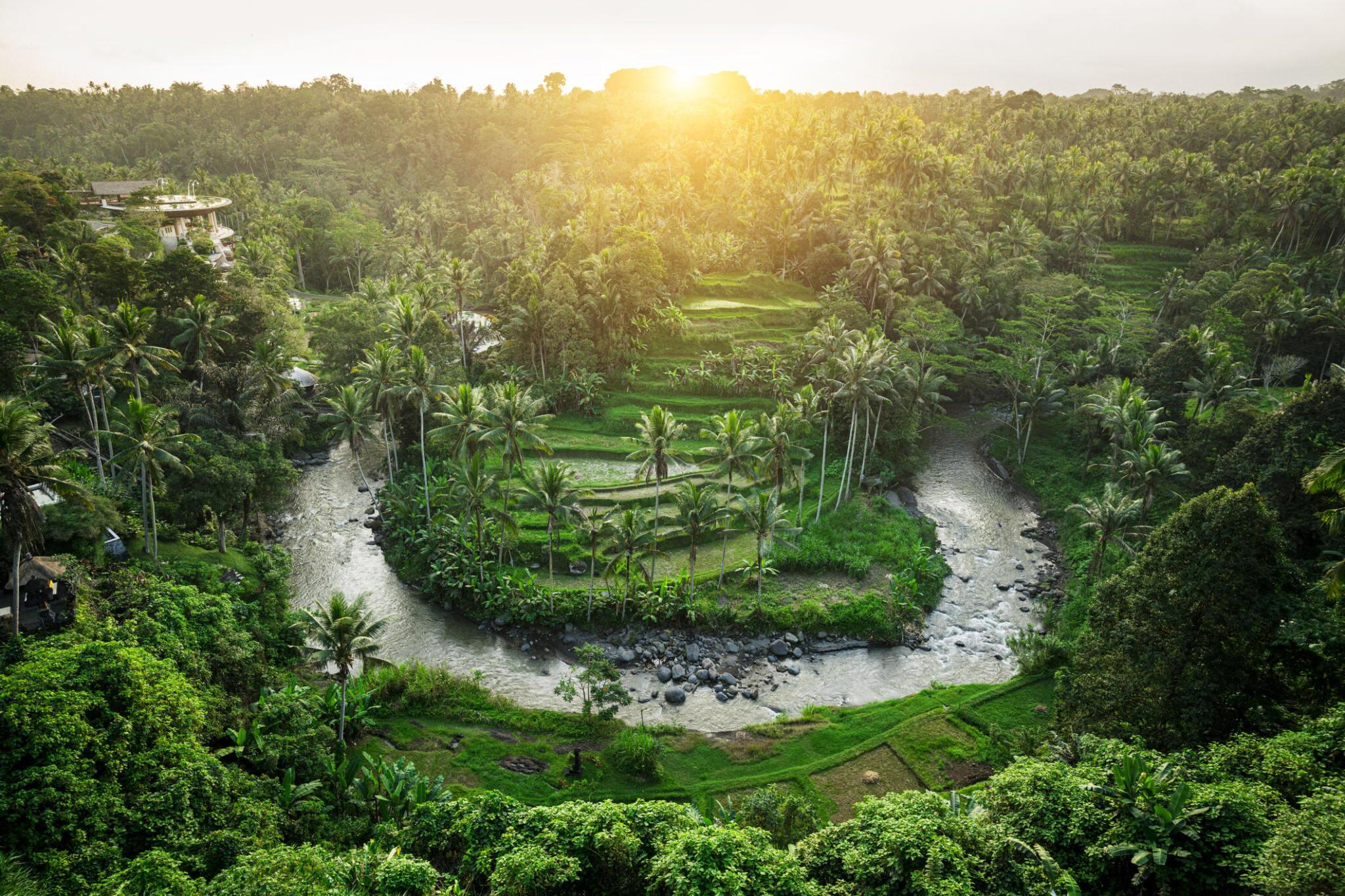
Beyond their spiritual significance, rivers play a crucial role in the socio-cultural fabric of Bali. They are central to agriculture, providing water for rice paddies and sustaining livelihoods. Balinese communities have built intricate irrigation systems known as 'subak', which regulate water flow from rivers to rice terraces, reflecting the island's harmonious relationship with nature.
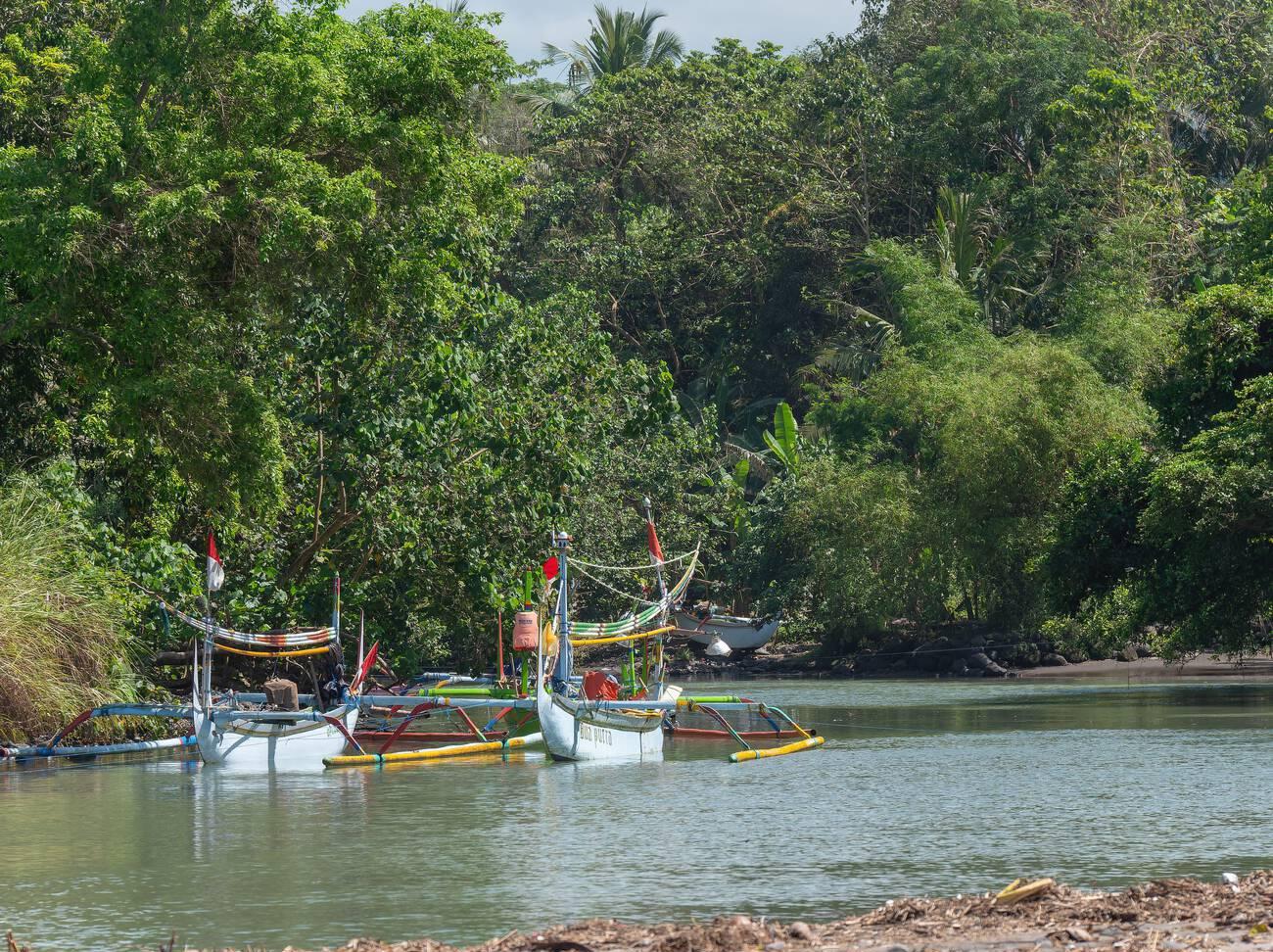
Moreover, rivers serve as gathering places for social activities and community bonding. From traditional fishing practices to vibrant riverbank festivals, these water bodies serve as focal points for cultural exchange, storytelling, and celebration, fostering a sense of unity and belonging among the people of Bali.
Environmental Conservation
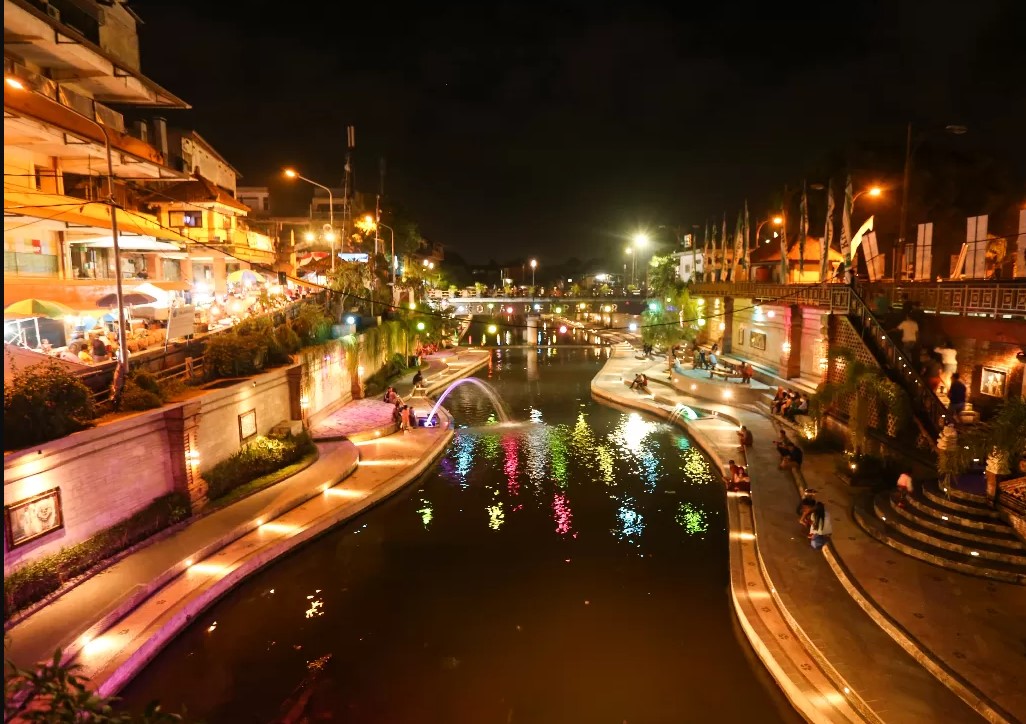
In recent years, the importance of rivers in Bali has extended to environmental conservation efforts. Rapid urbanization and tourism development have posed significant threats to the island's water resources, leading to pollution, deforestation, and water scarcity. Recognizing the ecological significance of rivers, various organizations and local communities have initiated conservation projects aimed at preserving water quality, restoring riparian habitats, and promoting sustainable river management practices. As a preservation effort by the official regional government of Bali, rivers located at the city’s center, like Tukad Badung of Denpasar (pictured above), have been revamped and incorporated as tourism destinations.
Challenges and Future Prospects
Amidst the reverence and cultural significance bestowed upon Bali's rivers, there exists another pressing modern-day challenge: the scourge of pollution and trash. As urbanization and tourism have surged, these once-pristine waterways have become inundated with plastic waste, debris, and pollutants, posing grave threats to both ecosystem health and human well-being. The sight of litter-strewn riverbanks stands in stark contrast to the sacredness attributed to these lifelines, underscoring the urgency of conservation efforts.
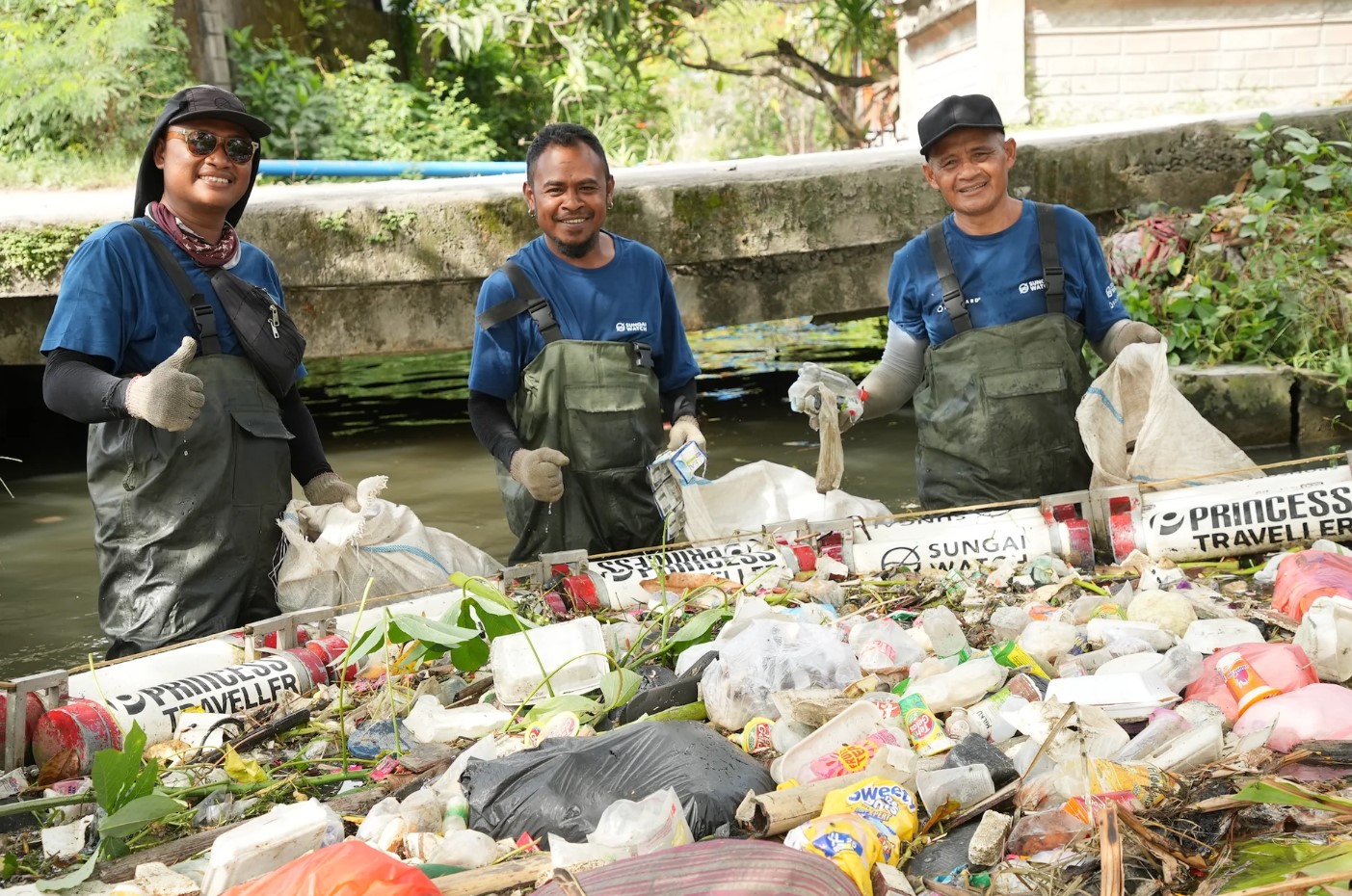
Non-profit organizations like Sungai Watch have emerged as champions of river restoration, organizing large-scale cleaning activities and educational initiatives to combat the tide of pollution. By engaging local communities, particularly youth and residents of rural villages, in hands-on cleanup efforts and environmental education programs, Sungai Watch is fostering a culture of stewardship and responsibility towards Bali's rivers. Through their tireless advocacy and grassroots activism, these organizations are not only cleaning up the rivers but also sowing the seeds of environmental consciousness and sustainable living practices, ensuring that the sacred essence of 'Tukad' endures for generations to come.
In essence, the significance of rivers in Balinese culture transcends mere physical presence; they embody the spiritual, cultural, and ecological essence of the island. As sacred conduits that connect past, present, and future generations, effort to preserve these amazing ‘Tukad’ must be done not only on governmental level, but also all of us which inhabit this majestic island.



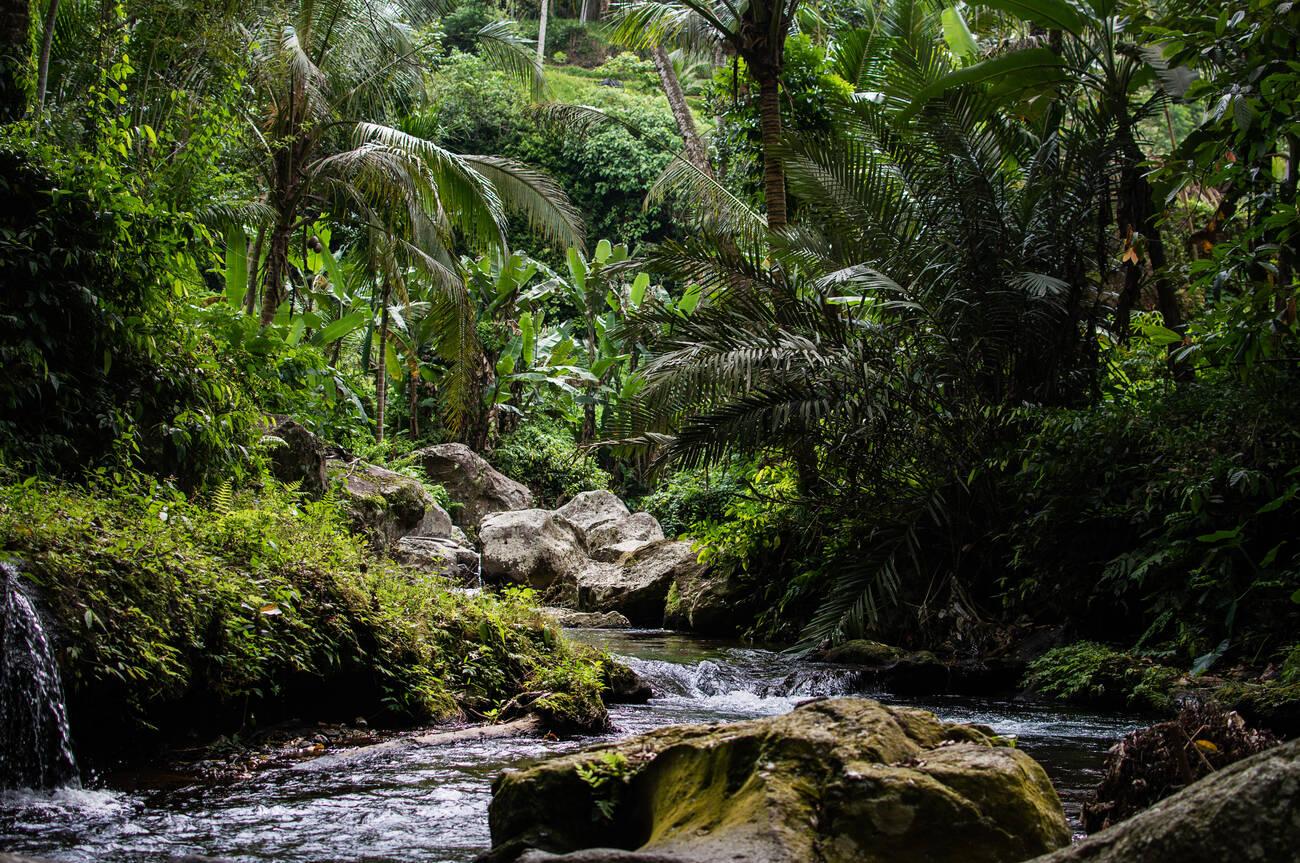
 Billy Bagus
Billy Bagus
 Mar 15, 2024
Mar 15, 2024


